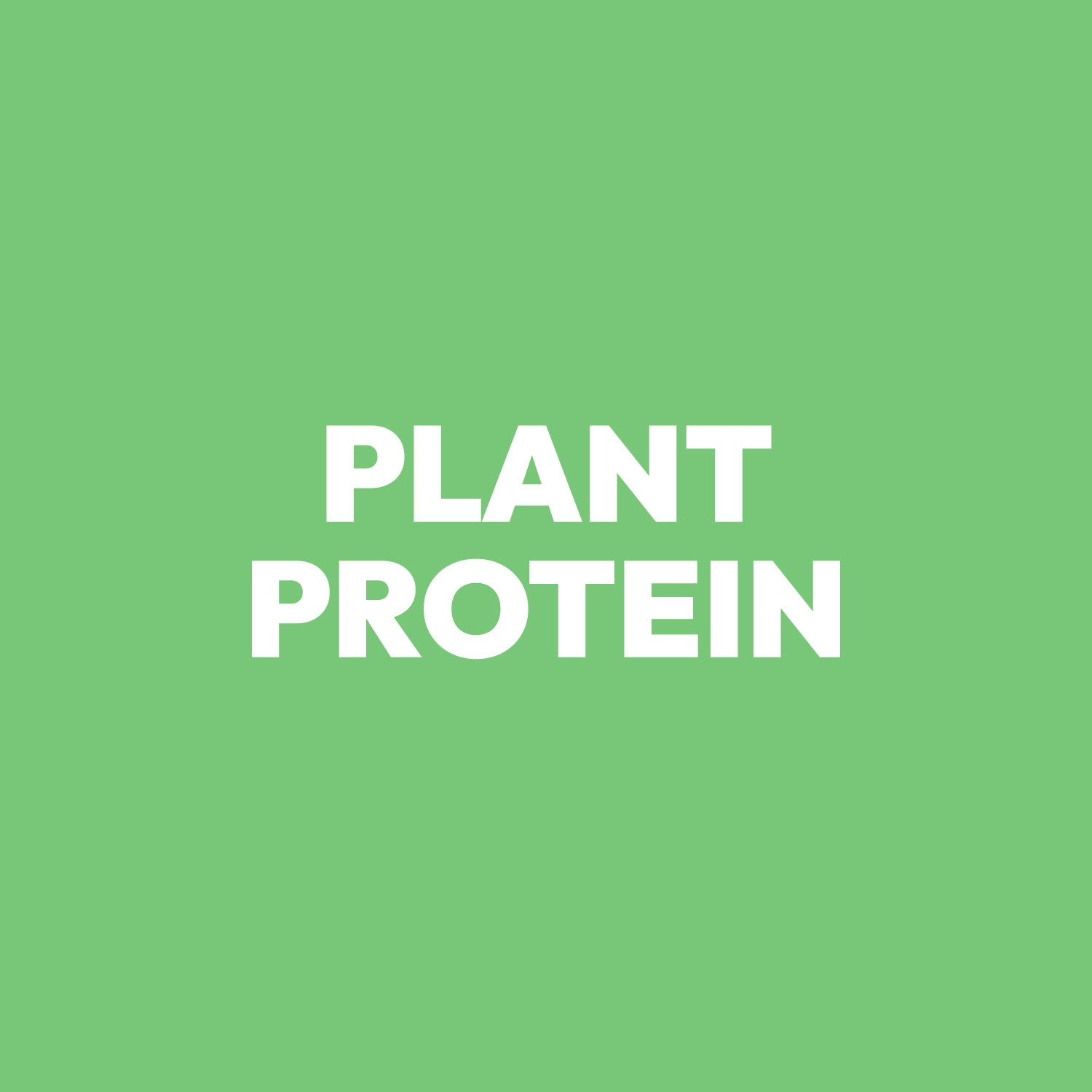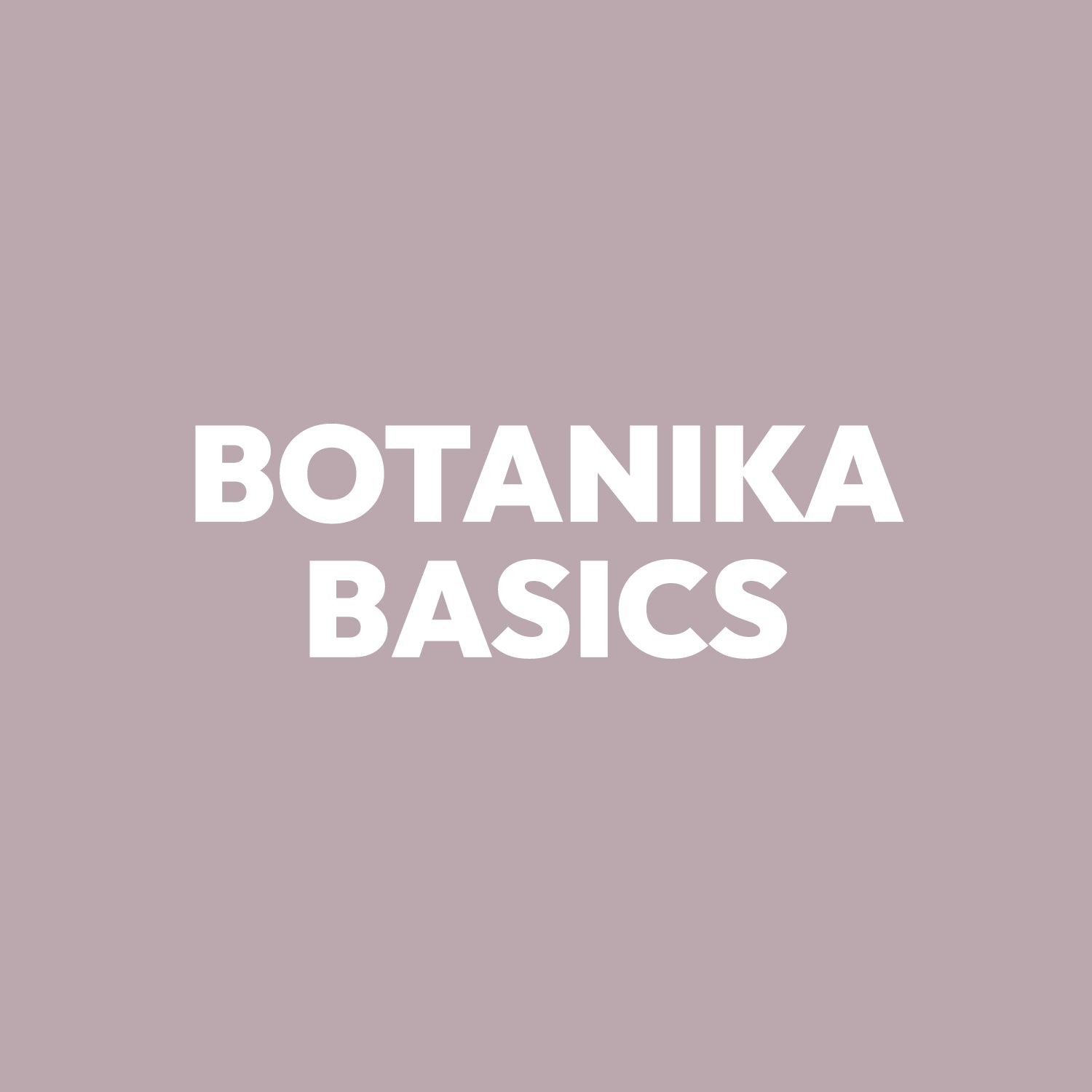

Plant-Based Diet for Beginners: Your Plant-Based Path to Better Health
Plant-based eating is no longer a niche wellness trend — it’s a full-blown lifestyle shift happening right here in Australia. Whether you’re keen to improve your energy, reduce your environmental footprint, or simply add more vibrant plant foods to your plate, there’s never been a better time to get started.

Major grocery stores now carry a wide range of plant-based products — from almond and oat milks to ready-made plant proteins and frozen fruit for your smoothies. Cafés are embracing plant-based meals, and you’ll even find Botanika Blends on shelves across the country — helping Aussies fuel their days with delicious, plant-based protein that actually tastes good.
This beginner’s guide is your roadmap to understanding plant-based eating, exploring its health benefits, and learning how to build a diet that supports your body, mind, and the planet.
What Is a Plant-Based Diet and Why Start Now
A plant-based diet centres around whole, minimally processed foods from plants — including fruits, vegetables, whole grains, legumes, nuts, and seeds — while cutting back on or completely avoiding animal products such as meat, eggs, and dairy.
Unlike strict fad diets, plant-based eating exists on a spectrum. You can choose a flexitarian approach (mostly plants with the occasional animal product) or go fully whole-food plant-based (WFPB) — which means 95% or more of your meals come from plants.
Here’s a simple breakdown of different eating patterns:
|
Diet Type |
Plant Foods |
Animal Products |
Processed Foods |
|---|---|---|---|
|
Flexitarian |
70–80% |
Occasional |
Moderate |
|
Vegetarian |
85–90% |
Dairy/eggs only |
Limited |
|
Vegan |
95%+ |
None |
Varies |
|
Whole-Food Plant-Based |
95%+ |
None |
Minimal |
Transitioning to a mostly plants diet has never been easier — local markets, online grocers, and cafés now offer an abundance of plant-based options, making it simple to enjoy familiar flavours with healthier ingredients.
👉 Check this article between plant based diet and high protein diet
Science-Backed Health Benefits of a Plant-Based Diet
Switching to a plant-based diet can transform your wellbeing from the inside out. Within just a few weeks, you may start to notice more energy, improved digestion, and clearer skin.
Here are five evidence-backed health benefits of eating more plants:
1. Better Heart Health
Plant-based diets are naturally low in saturated fat and cholesterol, and rich in fibre and antioxidants. Studies consistently show that people following plant-based dietary patterns have a significantly lower risk of cardiovascular disease and heart disease.
When you replace meat with lentils, beans, or tofu, and use olive oil instead of butter, your body benefits from healthy fats that keep blood vessels flexible and your heart strong.
2. Sustainable Weight Loss and Healthy Weight Maintenance
Plant foods like sweet potatoes, brown rice, and legumes are naturally filling and low in calories, helping to lose weight without restrictive dieting. Because plant-based meals are rich in fibre and nutrients, they keep you full longer and stabilise blood sugar — reducing cravings and late-night snacking.
👉 Check this article about vegan protein poter for weight loss
Unlike calorie-counting diets, this approach focuses on adding more plant-based foods rather than cutting things out. The result? Long-term, sustainable weight loss and a happier relationship with food.
3. Enhanced Energy and Mental Clarity
Many people switching to a plant-based diet notice improved energy and sharper focus within weeks. This comes from steady blood sugar levels and increased intake of essential nutrients like iron, magnesium, and plant-based omega-3s.

A daily smoothie with Botanika Blends Plant Protein is a great way to boost your essential vitamins and plant protein intake while supporting mental clarity and balanced energy throughout the day.
4. Reduced Inflammation and Chronic Disease Risk
Highly processed foods and animal products can trigger inflammation that contributes to chronic diseases like arthritis, diabetes, and fatigue. By focusing on whole plant foods — leafy greens, legumes, nuts, and seeds — you provide your body with anti-inflammatory compounds that support overall physical health and longevity.
5. Improved Digestive Health
Your gut thrives on fibre — and plant foods are full of it. Within days of eating more plants, your good gut bacteria start to flourish. This supports better digestion, stronger immunity, and even improved mood.
👉 Discover this article about vegan protein & digestion
Foods like chia seeds, oats, and lentils act as natural prebiotics, feeding the beneficial bacteria that keep your digestive system happy and your mental health balanced.

Getting Started: A Simple Plant-Based Transition Plan
Starting small is the key to success. You don’t need to overhaul your whole diet overnight — just begin by adding one plant-based meal each day.
Here’s a simple 7-day roadmap for beginners:
Monday: The Breakfast Swap
Start your day with oats, banana, and plant-based milk. Add a scoop of Botanika Blends Vanilla Cake Batter Plant Protein for extra plant-based protein and flavour.
Tuesday: Lunch Reinvented
Make a colourful Buddha bowl with BB plant protein, roasted sweet potatoes, spinach, and chickpeas. Drizzle with tahini or olive oil for healthy fats.
Wednesday: Snack Smart
Keep natural peanut butter, almonds, or trail mix nearby to avoid sugary snacks. They’re portable, filling, and packed with nutrients.
Thursday: Try Plant Protein
Experiment with tofu or tempeh in your favourite stir-fry. They’re excellent plant protein sources that absorb flavours beautifully.
Friday: Batch Cook
Cook a big pot of lentil soup and brown rice for easy weekend meals. Batch cooking helps you stay on track without stress.
Weekend: Explore & Enjoy
Try new cuisines — Mediterranean, Thai, or Mexican — which naturally feature plant-based ingredients and bold flavours.
Plant-Based Pantry Essentials
Building a plant-based kitchen is easier than you think. Here’s what to keep on hand:
Protein Powerhouses
-
Lentils, chickpeas, and black beans
-
Tofu, tempeh, and edamame
-
Botanika Blends Plant Protein (perfect for smoothies, baking, and breakfasts)
-
Nuts and seeds like hemp, chia, and pumpkin seeds
Whole Grains
-
Brown rice, quinoa, rolled oats, and buckwheat
-
Great sources of complex carbs and B-vitamins
Healthy Fats
-
Avocados, olive oil, nuts, and nut butters
-
These fats help absorb fat-soluble vitamins and support brain health.
Colourful Produce
-
Leafy greens (kale, spinach)
-
Sweet potatoes, broccoli, capsicum, and citrus fruits
-
Aim for a rainbow of colours — the more vibrant your plate, the more essential nutrients you’ll get.
Foods to Limit for Optimal Health
Not all plant-based foods are created equal. To feel your best, go easy on:
-
Highly processed foods and plant-based meats with high sodium
-
Vegan desserts made with refined oils and sugars
-
Sweetened plant milks
-
Refined grains — swap white bread for whole grains like brown rice or oats
Remember: you don’t need to be perfect — progress is what matters. Focus on eating mostly plants and minimally processed foods, and you’ll naturally move toward a healthier, balanced diet.
Sample 3-Day Plant-Based Meal Plan
Day 1:
-
Breakfast: Oats with Botanika Blends Vanilla Protein, berries, and almond milk
-
Lunch: Lentil salad with spinach, capsicum, and lemon-tahini dressing
-
Dinner: Brown rice, black beans, and avocado bowl
-
Snack: Apple with peanut butter
Day 2:
-
Breakfast: Smoothie with spinach, banana, chia seeds, and Botanika Blends Chocolate Protein
-
Lunch: Quinoa with roasted veggies and olive oil
-
Dinner: Tofu stir-fry with broccoli and sweet soy glaze
-
Snack: Handful of almonds
Day 3:
-
Breakfast: Avocado toast with hemp seeds
-
Lunch: Chickpea wrap with salad and hummus
-
Dinner: Sweet potato and lentil curry
-
Snack: Frozen berries and a splash of oat milk
The Environmental Benefits of Eating More Plants
Choosing a plant-based diet isn’t just about personal health — it’s about caring for the planet. Plant-based eating helps reduce greenhouse gas emissions, conserves water, and lowers your environmental footprint.

By replacing animal foods with plant-based ingredients, you’re contributing to a healthier, more sustainable food system — one that supports both people and the planet.
Final Thoughts: Progress Over Perfection
Transitioning to a plant-based diet is a journey, not a race. Every plant-based meal you eat — every smoothie, lentil bowl, or slice of avo toast — moves you closer to better health, a lighter footprint, and a more energised life.
👉 Check this article about gaining muscle on a plant based diet
Take it one meal at a time. Experiment with Botanika Blends plant proteins, try new recipes, and discover how easy (and delicious) it can be to eat mostly plants.
Because at the end of the day, a plant-based lifestyle isn’t about restriction — it’s about abundance, nourishment, and feeling your best, naturally. 🌿
Share:
FAQs About Starting a Plant-Based Diet
More blogs
-

Best Natural Sleep Drinks Australia 2026
Sleep drinks are revolutionising how Australians approach better rest. Unlike tablets or teas, they deliver concentrated doses of sleep-supporting ingredients in a warm, enjoyable format that fits seamlessly into your evening routine. Magik Mylk Sleepy Hot Chocolate leads the market with...
-

Natural Sleep Ingredients Explained
Looking for better sleep without synthetic chemicals? Plant-based sleep supplements combine time-tested botanicals with modern science. Magnesium relaxes your muscles, L-glycine lowers body temperature for deeper sleep, L-tryptophan supports serotonin production, passionflower eases anxiety, and chamomile promotes calm, all working together naturally. This guide breaks down the top ingredients backed...
-

Chocolate Rice Protein Pudding
Leftover rice… but make it dessert 🍫This Chocolate Rice Protein Pudding is rich, silky, and quietly genius. Zero waste energy, chocolatey comfort vibes, and a sneaky protein boost... aka dessert that does more. Method 1. Melt your chocGently melt the dark...
















